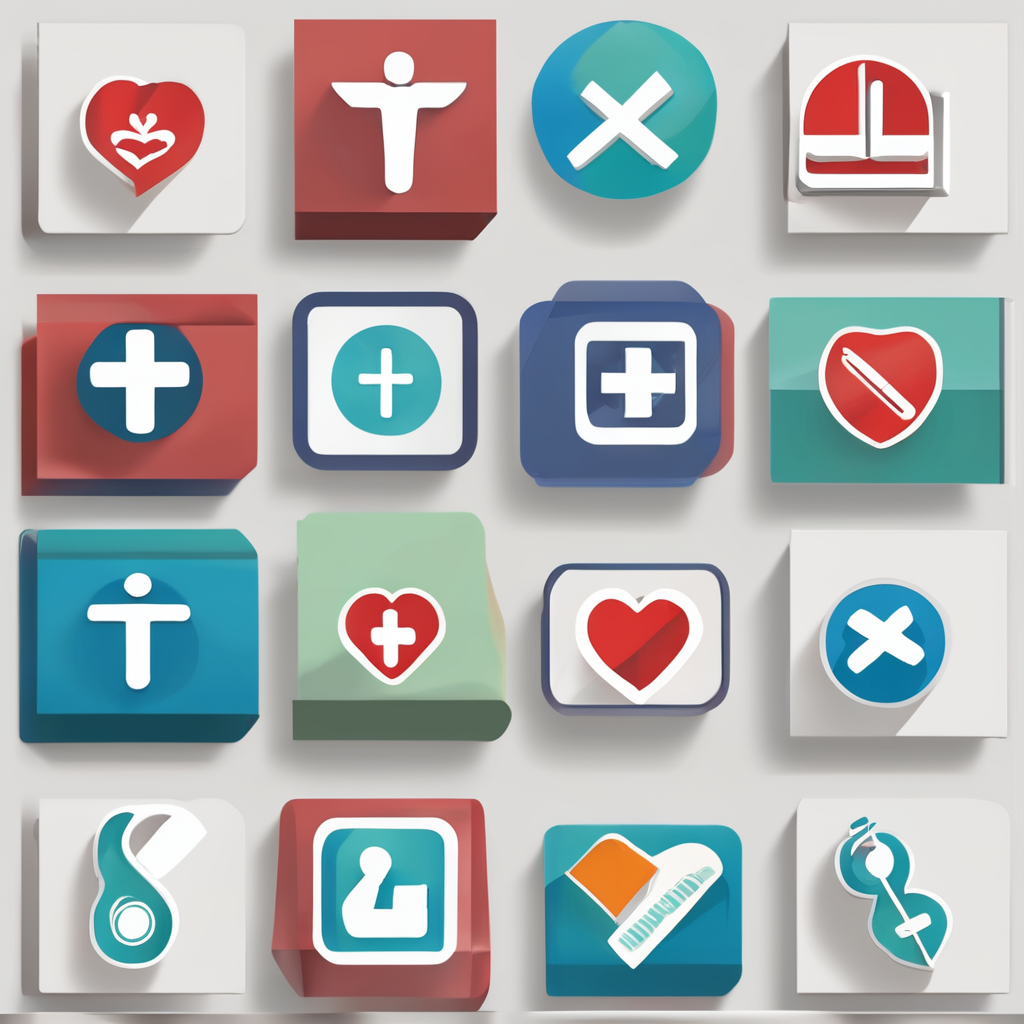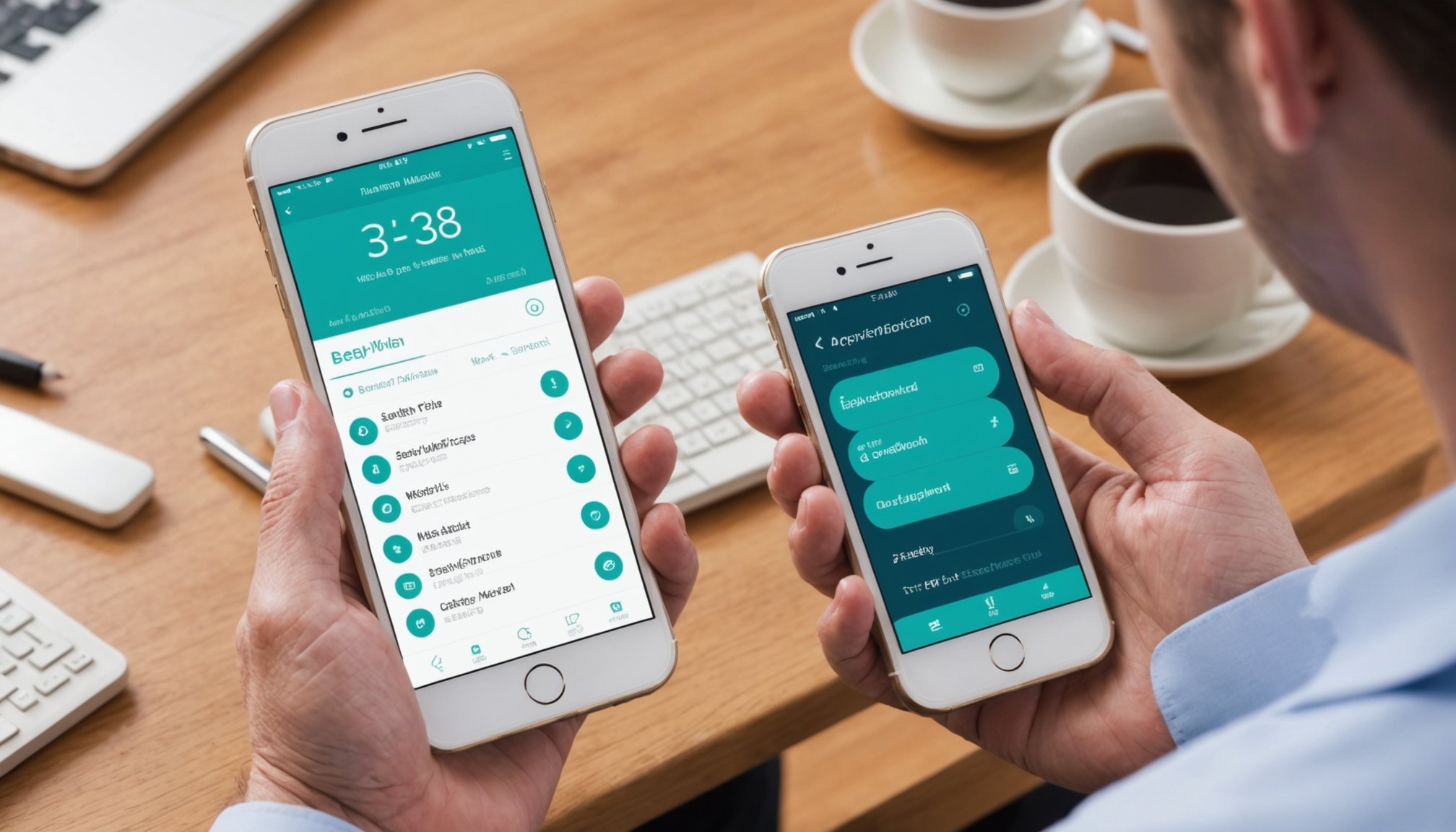Overview of Medication Adherence and Its Importance
Medication adherence is the extent to which patients take their medications as prescribed, crucial for achieving optimal health outcomes. Poor adherence can significantly affect overall health, leading to increased healthcare costs due to worsened conditions or hospital readmissions. It’s important for healthcare providers to understand the magnitude of this issue and its implications.
Non-compliance is a widespread concern, affecting diverse patient populations globally. Statistics reveal varying adherence rates; often less than half of chronic disease patients adhere to their medication regimens. Reasons for this include forgetfulness, cost issues, or misunderstanding of the treatment’s significance. Each factor contributes simultaneously to reduced treatment efficacy and increased economic burden on healthcare systems.
In the same genre : Exploring the Impact of Aromatherapy on Alleviating Anxiety Symptoms in Cancer Patients
Ensuring patient compliance is vital for both individual health improvement and healthcare cost control. By actively addressing adherence issues, healthcare systems can improve patient outcomes and reduce unnecessary expenses. Furthermore, personalised interventions to boost adherence rates are increasingly viewed as essential components of patient care strategies. It is crucial for healthcare providers to be proactive in promoting medication adherence through education and leveraging modern technologies. Such approaches can effectively address challenges by tailoring them to patients’ unique needs, thereby enhancing compliance and ultimately achieving better health results.
Role of Mobile Health Solutions in Medication Adherence
Mobile health solutions (mHealth) are becoming increasingly pivotal for enhancing medication adherence. These solutions include a variety of digital health technologies such as mobile apps, which help improve communication and provide vital information. By addressing gaps in these areas, mHealth technologies support both patients and healthcare providers in managing medication routines effectively.
Topic to read : Maximizing Mental Health: The Impact of Pharmacogenomic Testing on Tailoring Depression Treatments
Notably, mHealth apps offer crucial features like data tracking and scheduled reminders. These features actively engage patients in their treatment plans, aiding in the consistency of medication intake. They’re particularly advantageous for those who might otherwise forget doses or misunderstand their prescriptions. Such technologies not only track medication schedules but also offer real-time feedback, allowing patients to monitor their progress towards health goals.
Moreover, healthcare providers can use these digital tools to track adherence patterns, which facilitates informed decision-making to adjust care as needed. mHealth solutions stand out by bridging knowledge gaps, enhancing patient education, and supporting behavioural changes necessary for improved compliance. They represent an innovative approach to overcoming traditional challenges of medication adherence, promoting better health outcomes efficiently. By leveraging these technologies, healthcare systems can optimally manage and streamline patient compliance.
Case Studies Demonstrating Efficacy of Mobile Health Solutions
Mobile health solutions have notably advanced in the realm of adherence rates through various case studies. These studies serve as a practical testament to the efficacy of mobile health innovations.
Successful Implementations
- Positive Outcomes: Northwestern Medicine’s trial utilised a mobile app for post-surgical patients, leading to adherence rates soaring from 58% to 75%. Patients received real-time feedback and tailored reminders, proving its effectiveness.
- Patient Testimonials: Users have reported feeling more involved in their care, crediting mobile reminders with preventing missed doses. Others have expressed satisfaction with the user-friendly interfaces that align with their daily routines.
Comparative Analysis
- Adherence Rates: When contrasting mobile health solutions with traditional methods, a notable 20% increase in adherence is often documented. This boost is attributed to the proactive alerts and engaging user interfaces offered by mobile technologies.
- Technology Differences: Applications focusing primarily on interactive features like dose tracking and patient communities see higher success, particularly in younger demographics. Elderly patients, however, benefit more from simplified notification systems.
- Benefitting Populations: Patients managing chronic conditions like hypertension are observed to benefit most, as mobile solutions offer the consistent monitoring required for effective disease management.
Patient Engagement Strategies Using Mobile Health Solutions
Increasing patient engagement with mobile health solutions calls for strategic approaches integrating effective health communication and user-centered design. Personalization is at the core of these strategies, tailoring apps to meet diverse patient needs and preferences. User-centered design ensures that features are intuitive and accessible, encouraging patients to interact regularly with their mobile health tools.
Motivational Features
Mobile health platforms often implement gamification and motivational elements to enhance engagement. These features can include:
- Daily challenges: Encourage users to follow their medication regimens by offering incentives for meeting goals.
- Progress tracking: Allow patients to visualize improvements, reinforcing adherence.
By incorporating such elements, apps become engaging and useful for patients, promoting consistent use and improved health outcomes.
Importance of Personalization
Personalized content is crucial for maintaining user interest. This includes adapting reminders to a patient’s schedule or adjusting app interfaces for accessibility. Engaging patients in their healthcare journey using mobile platforms enhances overall adherence to treatment plans.
Healthcare providers need to emphasize strategies that integrate health communication and user-friendly elements to maximise the impact of mobile health solutions. This ensures not only compliance but also empowers patients to actively manage their health.
Challenges and Barriers to Implementation
Integrating mobile health solutions into treatment regimens poses several challenges. One significant barrier to adherence is the digital divide. Individuals in underserved communities often lack access to smartphones or reliable internet, limiting their interaction with mHealth apps. Overcoming this requires expanding digital infrastructure, ensuring wider accessibility, and providing basic technology literacy training.
Technical issues can further hinder adoption. Apps must be compatible across diverse devices and operating systems. Additionally, data privacy concerns need addressing; patients require assurance their medical information remains confidential.
Healthcare providers also face hurdles. Implementing mobile solutions demands time and resources for staff training and support. Moreover, aligning these technologies with existing electronic health record systems is crucial.
Overcoming these barriers entails innovative strategies. Subsidising devices and service plans can bridge the digital divide. Designing user-friendly interfaces and maintaining patient support lines enhances technology accessibility. Objectives focus on equity, ensuring digital health technology reaches all demographic segments. Furthermore, engaging patients through flexible outreach methods—such as community centers—ensures broad engagement. These approaches will be pivotal in enhancing medication adherence across diverse populations, fostering improved health outcomes and patient compliance.
Expert Opinions on Future Trends in Mobile Health Solutions
As mobile health solutions evolve, expert opinions highlight promising future trends poised to transform medication adherence. A key focus is the potential of medication management systems to integrate seamlessly across platforms. Experts foresee advancements in interoperability, enabling various health technologies like electronic health records and wearables to synchronize effectively. This connectivity will foster comprehensive monitoring of patient health metrics, promoting more personalized care plans.
Innovations in artificial intelligence (AI) are anticipated to significantly influence medication management. AI-driven mHealth apps are expected to anticipate and mitigate non-compliance issues by analysing behavioural patterns. By leveraging machine learning algorithms, these apps could offer predictive insights, enabling healthcare providers to intervene pre-emptively, optimising adherence strategies.
Moreover, experts predict augmented reality (AR) and virtual reality (VR) technologies will enhance patient engagement. They could offer immersive experiences that educate patients on their treatment plans, encouraging interaction and commitment to medication routines.
The expansion of mobile health solutions into remote areas is also envisioned. Improved connectivity and affordability will likely decrease the digital divide, granting broader access to these vital tools. As these trends unfold, medication adherence stands to benefit from more integrated, intelligent, and accessible digital health ecosystems.











